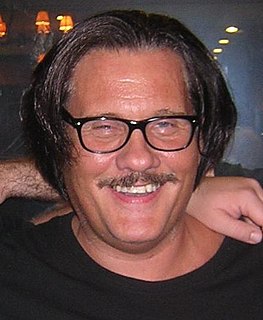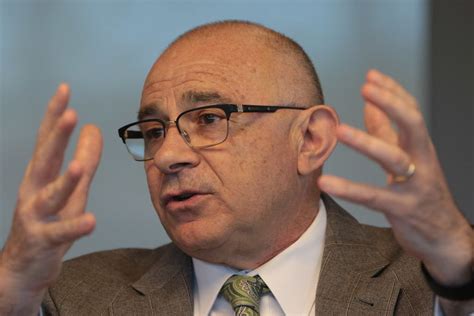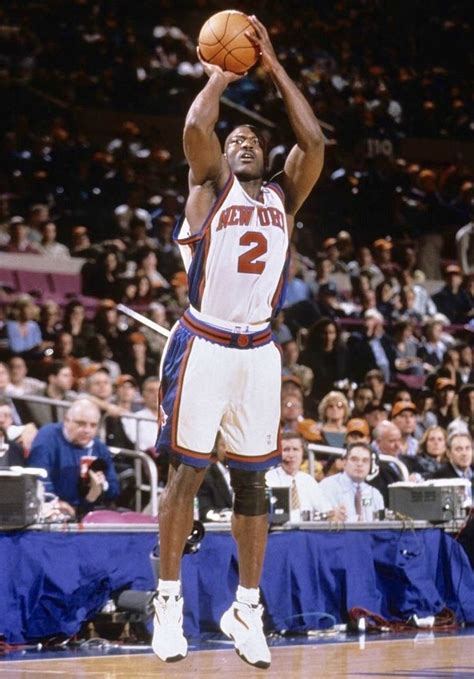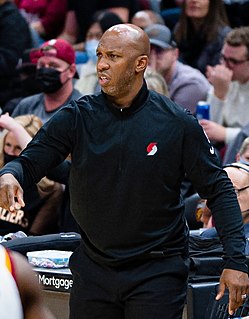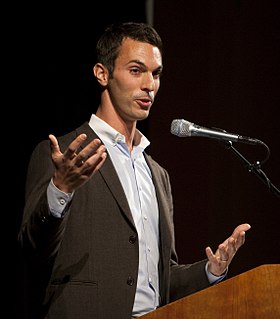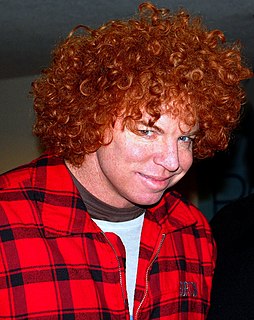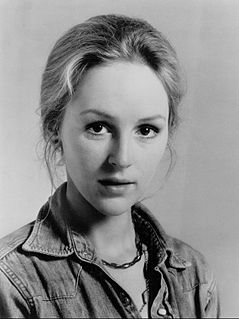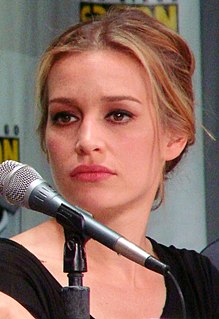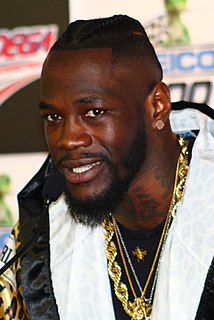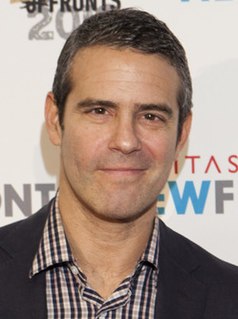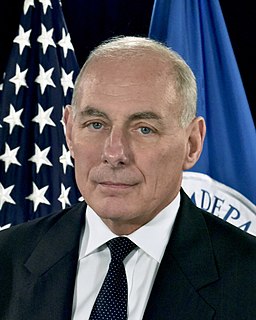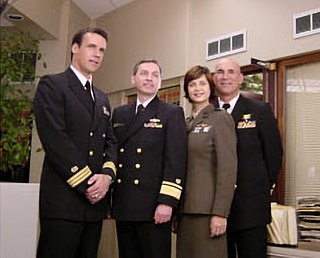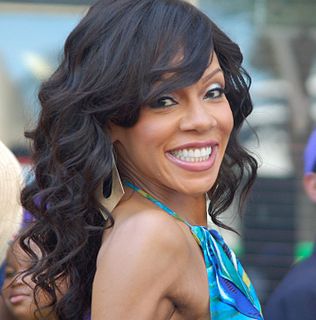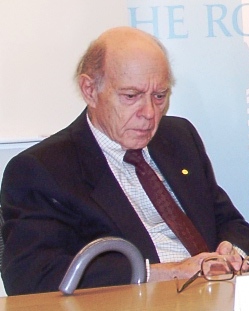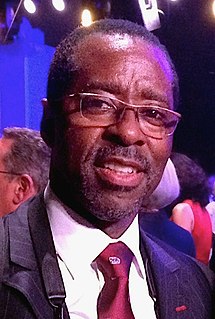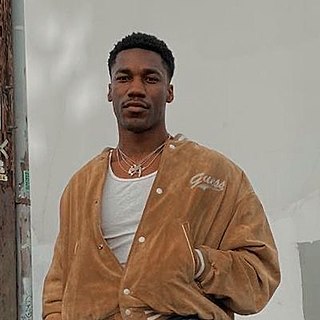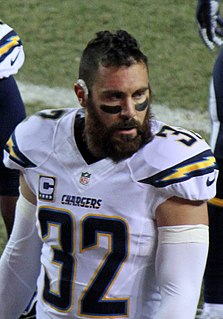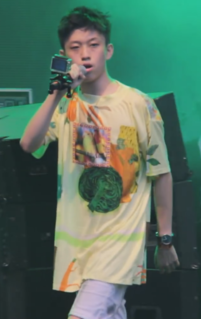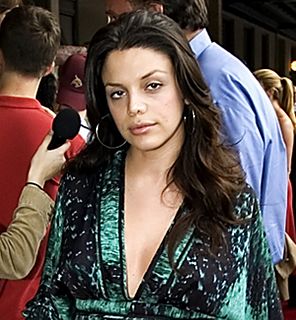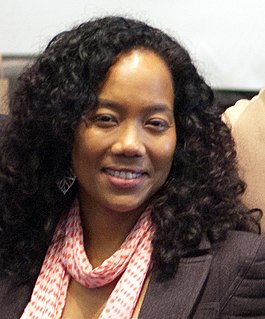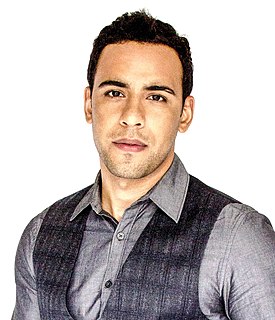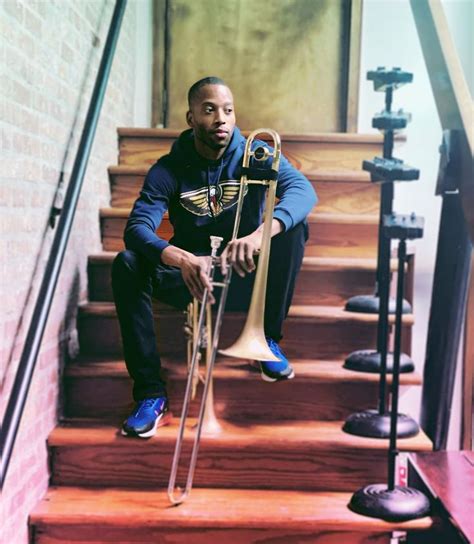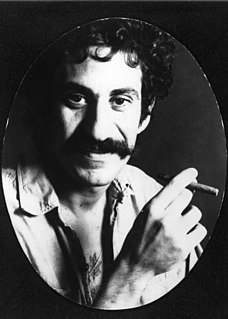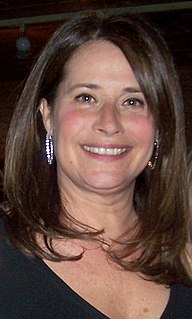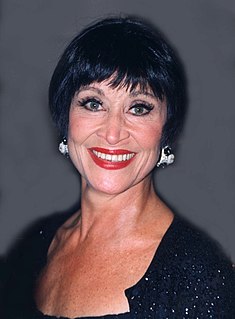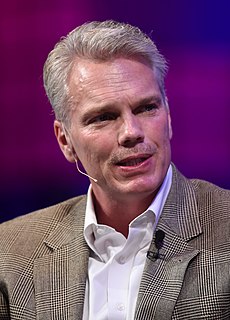Top 1200 Neighborhood Quotes & Sayings
Explore popular Neighborhood quotes.
Last updated on April 14, 2025.
Yeah, we've made beautiful strides, but what percentage of black people has made that stride when I go back to my neighborhood and see the same thing? I'm the only one who came out of my neighborhood. All of them dead, on drugs, selling drugs. Am I supposed to be honored and happy just by my success?
People from the Porter Ranch neighborhood of Los Angeles are starting to return home today. A natural gas well leak in the neighborhood has been permanently sealed. It had been releasing methane and other pollutants into the air for four months. Thousands of people have complained of respiratory illnesses and other problems.
Scripture starts with the particular and then universalizes it. You are called to love your concrete individual neighbor and then to realize that every individual is your neighbor. The point is not to destroy concrete neighborhood in a fit of universalism but to expand the local neighborhood and embrace the universal neighborhood.
Nowadays when a person lives somewhere, in a neighborhood, the place is not certified for him. More than likely he will live there sadly and the emptiness which is inside him will expand until it evacuates the entire neighborhood. But if he sees a movie which shows his very neighborhood, it becomes possible for him to live, for a time at least, as a person who is Somewhere and not Anywhere.
The depression belongs to all of us. I think of the family down the road whose mother was having a baby and they went around the neighborhood saying, "We're pregnant." I want to go around the neighborhood saying, "We're depressed." If my mum can't get out of bed in the morning, all of us feel the same. Her silence has become ours, and it's eating us alive.
We came from a neighborhood that was kind of older, so we didn't have that many kids that would go out and play. We moved into a neighborhood that has, like, 50 kids in it. There are 12 houses where we kind of all share a big backyard, and we're all circled in there. If one kid goes out there, they all go out and play.
Such poverty as we have today in all our great cities degrades the poor, and infects with its degradation the whole neighborhood in which they live. And whatever can degrade a neighborhood can degrade a country and a continent and finally the whole civilized world, which is only a large neighborhood.
One thing I had on my side when it came to How to Make It in America is that I'm a born-and-raised New Yorker. Filming in New York... I'm so thankful and humbled by the whole experience. A lot of it takes place in old neighborhood; I'm an East Village kid, so I get to see my old friends from the neighborhood, my family still lives there.
As soon as I was born, my mom said I was humming 'When the Saints Go Marching In,' or something like that, you know? It's in the family. And in that neighborhood [Treme, in New Orleans], I think everybody in the neighborhood has some type of musical influence, even if they don't play instruments or anything. It's the way they talk to you, the way they say your name - it's all musical.
Why was Joseph Smith persecuted? Why was he hunted from neighborhood to neighborhood, from city to city, and from State to State, and at last suffered death? Because he received revelations from the Father, from the Son, and was ministered to by holy angels, and published to the world the direct will of the Lord concerning his children on the earth.
If you have an all-white neighborhood you don't call it a segregated neighborhood. But you call an all-black neighborhood a segregated neighborhood. And why? Because the segregated neighborhood is the one that's controlled by the ou - from the outside by others, but a separate neighborhood is a neighborhood that is independent, it's equal, it can do - it can stand on its own two feet, such as the neighborhood. It's an independent, free neighborhood, free community.
